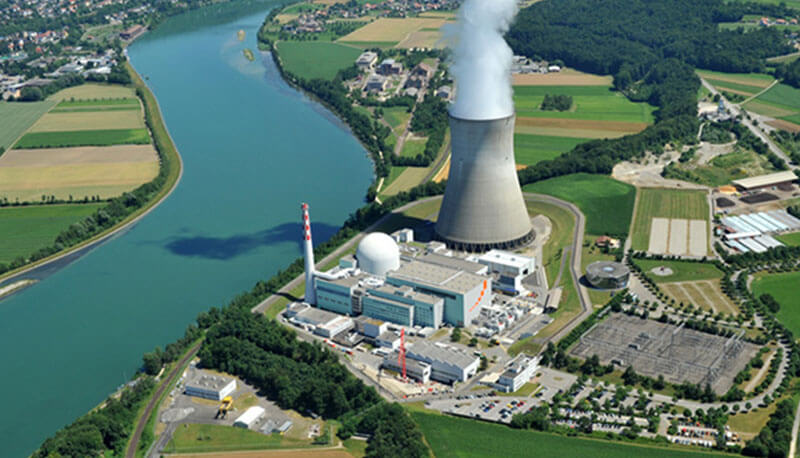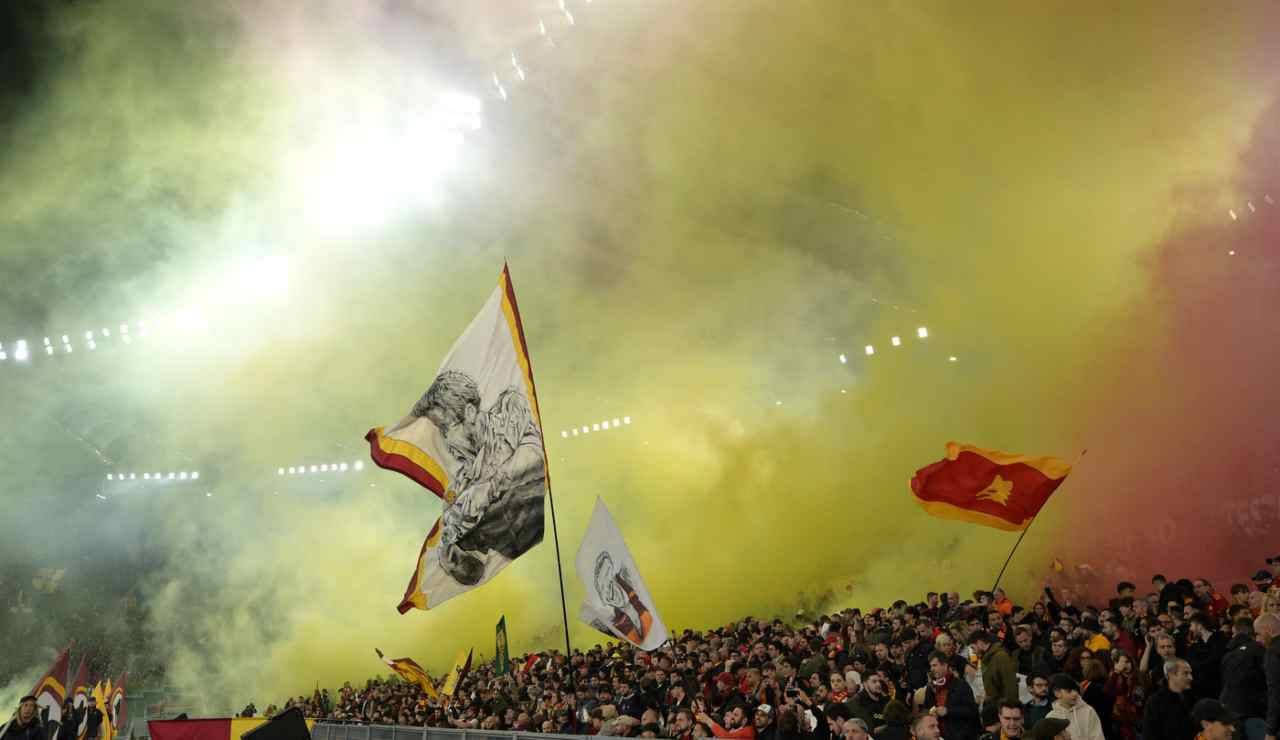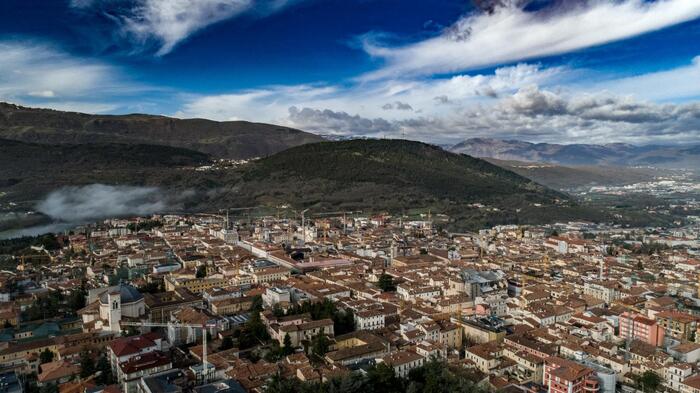L'Aquila is the Capital of Italian Culture 2026. It was announced by the Minister of Culture Gennaro Sangiuliano during the ceremony taking place in Rome, in the Spadolini Room of the Ministry, in the presence of the jury headed by David Maria Tessario. Virginia Lozito, Luisa Piacentini, Andrea Prencipe, Andrea Rebaglio, Daniela Tisi, Isabella Valente and representatives of all 10 final cities: Agnone (Isernia), Alba (Cuneo), Gaeta (Latina), L'Aquila, Latina, Lucera (Foggia), Union of municipalities of Maratea (Potenza), Rimini, Treviso, Valdichiana Senese (Siena).
“L'Aquila is about to celebrate the 15th anniversary of the earthquake. An event that affected us not only as companies, but also as citizens. Being the capital of Italian culture is not compensation, but an element of rebuilding the social fabric. Of our society.” The mayor of L'Aquila Pierluigi Biondi said this in the Spadolini room at the Mic after the declaration of L'Aquila as the capital of Italian culture in 2026. “Culture is a founding element, which is to recover the identity and present it to the future – he added – other final cities will be part of this journey. We guarantee that we will do the work you give us… Long live Italy”. A financial contribution of one million euros will be awarded to the winning city to fulfill the objectives outlined in the application plan. This substantial funding will allow ideas to be translated into concrete actions, resulting in an annual program to showcase the winner's cultural richness and growth opportunities.”
Sangiuliano: L'Aquila, a city full of history and landmarks
“I physically regret having to give the award to only one city, although L'Aquila is a city full of history and symbols and certainly deserves to be the capital of culture. I would like to give this recognition to all cities. Candidates, unfortunately this is not possible. We will study the way to involve them this time. .” Culture Minister Gennaro Sangiuliano told reporters at the end of the declaration of L'Aquila as the Italian Capital of Culture for 2026. The decision was taken unanimously by the commission that evaluated the proposals submitted by the 10 finalist cities.
“The characteristic that our nation should be proud of is that Italy does not have one or two iconic cities, but we have at least 80-90 cities, each one telling a story and an identity,” he adds. A characteristic of Italy “we have the duty to protect and present to the whole world”. L'Aquila “has a great historical tradition, whose project I believe will extend to the whole of Abruzzo, we are talking about the area that gave birth to Benedetto Croce, born in Pescaceroli or the Spaventa brothers born in Pampa ( Chiti) “. L'Aquila “is a city with many cultural values to express and it is an opportunity to get to know them”.
To those asking the minister if this is an opportunity to heal the wounds of the earthquake, Sangiuliano replies: “I don't know if a commission that is completely autonomous and independent of me has given this kind of reason. The commission could have assessed the outcome of those injuries and the need to anticipate, as was the direct assignment to Bergamo and Brescia, which are very affected by Covid. . Shortly before the announcement, Sangiuliano had also commented on the proposal of the Commission President David Maria Tessario to consolidate the invitation to the Italian Capital of Culture, in addition to the prize for the winner, also to recognize the other finalist cities. : “To bring to life these projects will find some way to reward not only the winner, but all the finalist cities ” I fully welcome the idea. We are already doing this in part: the capital of the contemporary art initiative will also start. Next year.”
Reproduction protected © Copyright ANSA

“Gamer. Professional beer expert. Food specialist. Hardcore zombie geek. Web ninja. Troublemaker.”







More Stories
$1.66 billion from the US government for Plug Power to build 6 green hydrogen production plants
Swedish Tourist Dies Between Sisto and Garibaldi Bridges on the Tiber Quai in Rome: He Was Drunk
The Erasmus program “Business English” from Matteo in Vasto comes to America